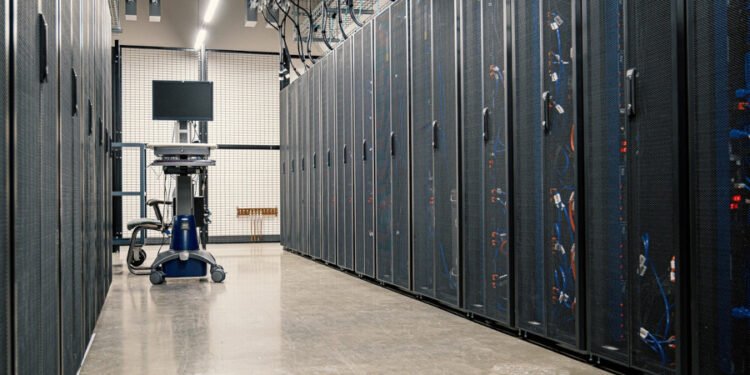As a business organization grows, so does its demand for data. It is not commercially viable for any business organization to plan for the additional data costs and overhead prior to actually achieving commercial growth. Using a data centre in a remote location is a smart solution to store your data without compromising business operations or opportunities for commercial growth. Not all business organizations are fully aware of all of the factors related to selecting a data centre.
Planning to Migrate to a Data Centre
The business organization needs to evaluate its current data requirements before it can successfully migrate to a data centre. The IT department will make a note of the primary forms of interoffice and external communication for each department, in addition to the amount of data each department uses. Large organizations can also use this opportunity to leverage existing IT systems and processes by centralizing data to the offshore data centre.
1. Infrastructure & Geolocation:
The organization can choose a location for their data centre after the IT department has a good understanding of the company’s data storage and data processing requirements. Take into consideration the configuration of the type of servers you need, the location of data storage requirements, and network configurations to help you choose the right data centre. Consider strategic locations based on your office premises and the location of current and potential customers.
2. Dependability & Efficiency
One of the most important aspects for a business to choose a data centre is to understand how they configure their power backup. Choosing an established and reputable data centre provider will ensure that you select a data centre with an infallible power backup. The data centre should have a dependability rate of at least 99.995% to ensure smooth business operations for your organization.
3. Planning for Unexpected Situations with Data Redundancy
Every organization must have a disaster recovery plan in case of an emergency situation. The data centre should actively prepare for redundancy of your stored data in case of an emergency. Ask questions with the data centre provider to ensure that the data redundancy solutions are customized based on your business operations. Reconsider any data centre that cannot provide viable data redundancy options based on the information you provide.
4. Maintaining Data Security & Confidentiality
Always look for a data centre solution that maintains confidentiality of your data security with the help of security software. A data centre provider may have their own encryption software to ensure all of your data remains confidential. Evaluate assurance of the security software by investigating what their current users have to say about their security and confidentiality. The Australian liquidity centre is a data centre provider that always puts their client’s needs first.
5. Scalability to Promote Business Expansion
Remember that the point of acquiring the services of a data centre is to promote business growth. Ask your data centre provider will they be able to offer state-of-the-art services as technology enhances. You do not want to be stuck with a data centre solution that is not productive based on your requirements and still costs you money.
Focusing on Corporate Clients
Their data centre plans are easy to understand and conveniently located based on their client’s requirements.























































